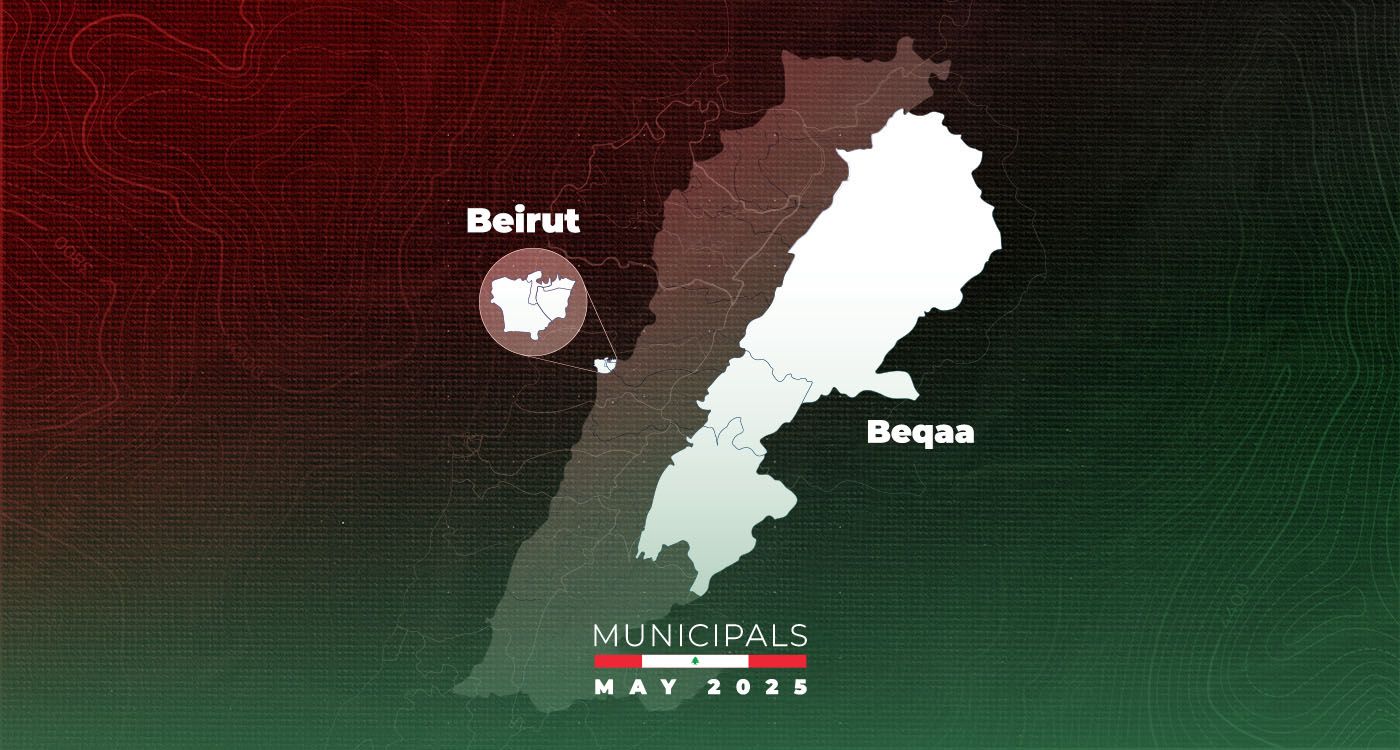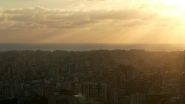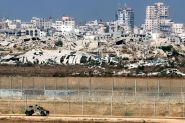- Home
- Highlights
- Beirut-Beqaa: Tensions at the Ballot Box—Is Parity Threatened?

©This is Beirut
The capital is ready. So is the Beqaa.
After Mount Lebanon and North Lebanon, it’s now the turn of voters in Beirut and the Beqaa to cast their ballots for municipal councilors and mukhtars. A total of 1,220,922 Lebanese will elect 172 municipal councils—2,220 councilors—and 722 mukhtars.
Beirut: Is Parity at Risk?
On Sunday, all eyes will be on Beirut, where over half a million voters will choose 24 municipal councilors. However, it’s not just voter turnout—typically low—that will be scrutinized, but also the confessional balance of the councilors.
Since the end of the civil war, under Rafic Hariri’s leadership, Beirut’s municipal council has represented Lebanon’s major communities with a carefully maintained Islamo-Christian parity. However, this tradition is not enshrined in law, unlike parliamentary elections, where each seat is reserved for a specific community.
With six lists competing on Sunday—two of which are incomplete—and the official absence of Sunni leader Saad Hariri, the election results remain uncertain. The mix of candidates, combined with low voter enthusiasm, could lead to a scenario similar to that of Tripoli, where elected officials come from various lists without a clear confessional distribution, potentially undermining the parity many national political figures consider essential for the capital. Such an outcome could reignite discussions about dividing the capital into two separate municipal councils: one for the East and one for the West.
Zahlé: The Lebanese Forces Against All?
This Sunday, the capital of the Beqaa will witness a political battle involving local families, regional powerbrokers, and political parties. As the election day approaches, the political scene has been reshuffled multiple times—alliances formed and broken—and undecided voters remain uncertain about where to place their trust.
Two main lists are competing for the spotlight: “Qalb Zahle” (The Heart of Zahle), led by Salim Ghazale and backed by the Lebanese Forces (LF), and “Zahle Rou’ya wa Qarar” (Zahle, Vision and Decision), led by Assaad Zgheib, the current head of municipality, and supported by MP Michel Daher, the Kataeb, Myriam Skaff’s Popular Bloc, and former MP Cesar Maalouf.
Recent reports revealed intense local negotiations between the LF and the Free Patriotic Movement (FPM). The FPM, having lost much of its 2016 electoral weight, failed to form its own list and waited until the final hours to decide whether to support one of the existing lists or form a partial one in hopes of breaking through.
This election will be a significant test for Lebanon’s Christian political forces, especially with the legislative elections just one year away.
In Riyaq and Hosh Hala, two Christian-majority towns in the Zahle district, the situation has taken a confessional turn. Traditionally, the municipal councils of both towns are divided along sectarian lines: 10 seats for Christians and 8 for Shiites. A nearly consensus-driven list fell apart when the Shiite family representative demanded parity within the council, along with the vice-presidency, and put forward around 15 candidates. This led Christian representatives to withdraw their candidacies, resulting in an unfinalized election with 15 Shiite councilors and 3 Christian councilors. However, the Christian members, along with one Shiite official, have already resigned from this provisional council. A decision from the muhafez (governor) is awaited on whether to uphold the provisional result or to postpone the election.
Baalbek-Hermel: A Power Bloc That Remains Untouchable
The Beqaa Valley is home to a deeply rooted sociopolitical order dominated by powerful Shiite clans. In the Baalbek-Hermel region, these extended families have long maintained a distinctive level of economic and security autonomy—markedly different from the Shiite communities of South Lebanon. These clans have been established for centuries, maintaining a tradition that is deeply ingrained in the region's history.
Since the 1980s, Hezbollah has carefully cultivated strategic alliances with these clans, solidifying its dominance over the region.
However, Hezbollah’s image has been dented by the recent war, which exacted a heavy toll in both lives and infrastructure. While its military actions were framed by loyalists as “symbolic” resistance against Israel, the conflict exposed the limits of the group’s capabilities, triggering internal criticism and revealing growing tensions within its ranks.
Furthermore, younger generations have sought to reshape the political landscape, either by reforming the clans from within or by bypassing them through grassroots initiatives that have gained momentum since 2016. This has led to the rise of civil society groups, particularly in the city of Baalbek.
In the Baalbek-Hermel district, Christian localities are seeing a scenario similar to that of Mount Lebanon, with electoral lists backed by the Lebanese Forces on one side and the Free Patriotic Movement on the other. Meanwhile, in Ersal, three competing lists are vying for influence, as local zaims contend for leadership of the Sunni community, left without direction after Saad Hariri’s departure from politics.










Comments